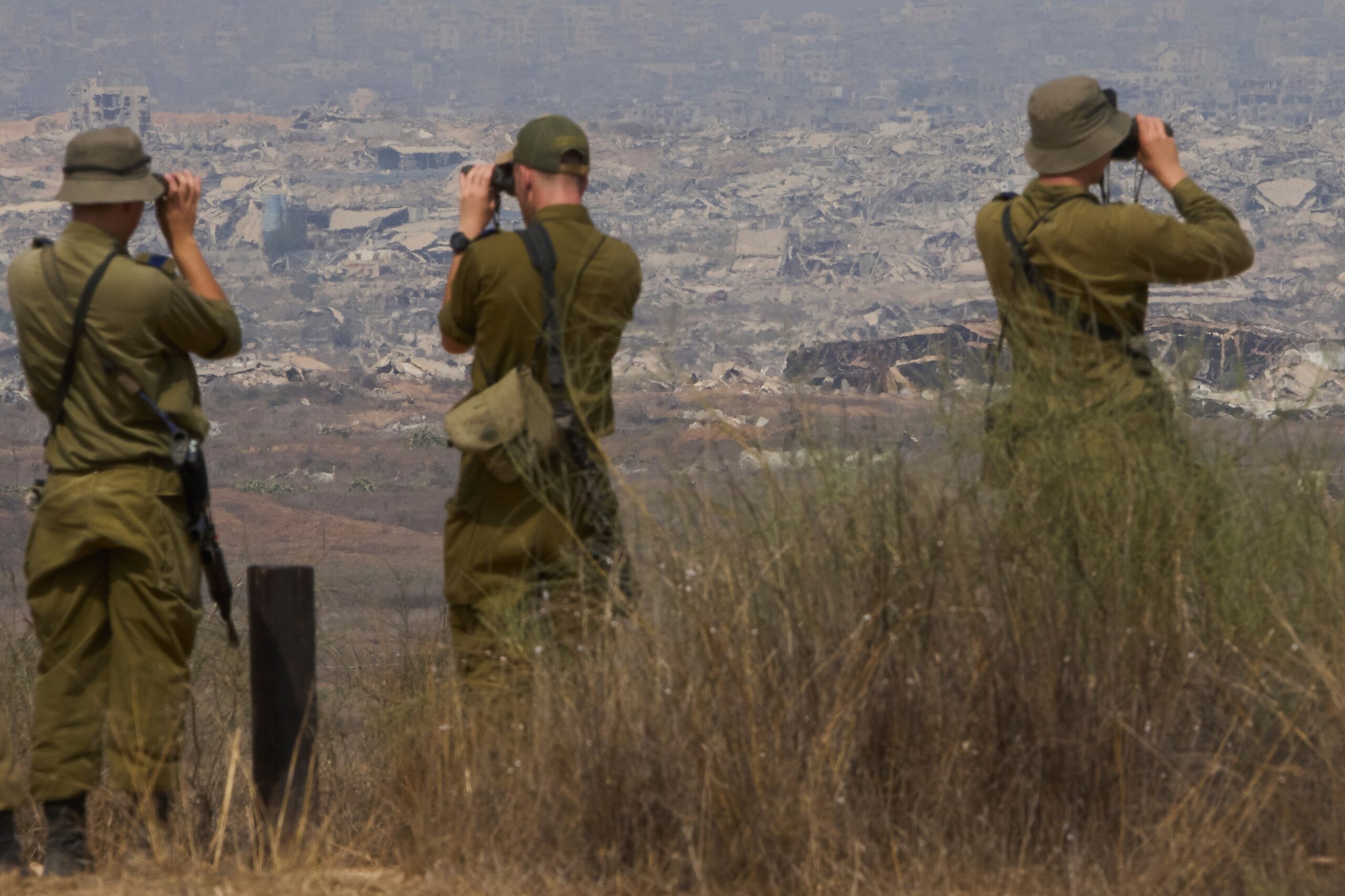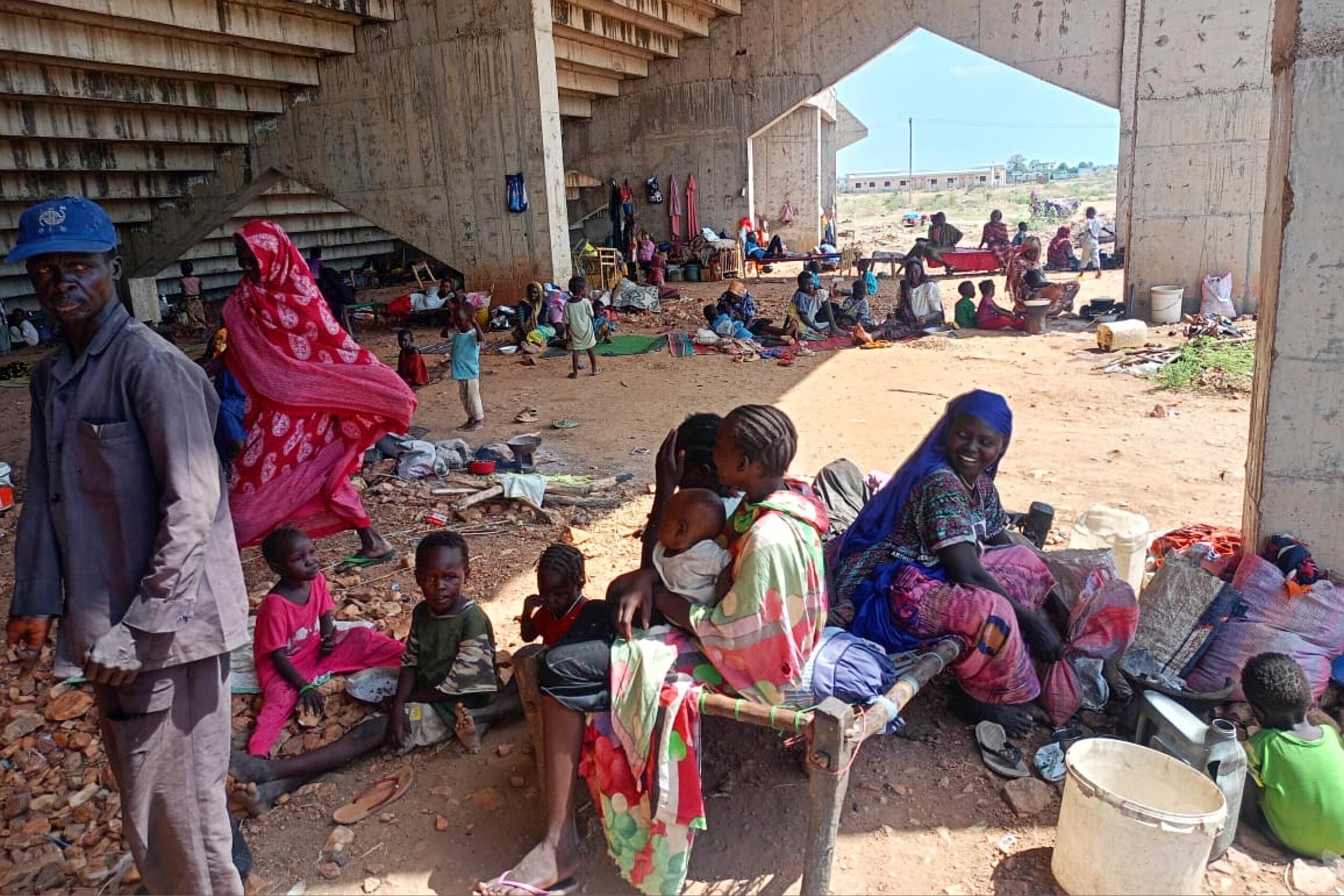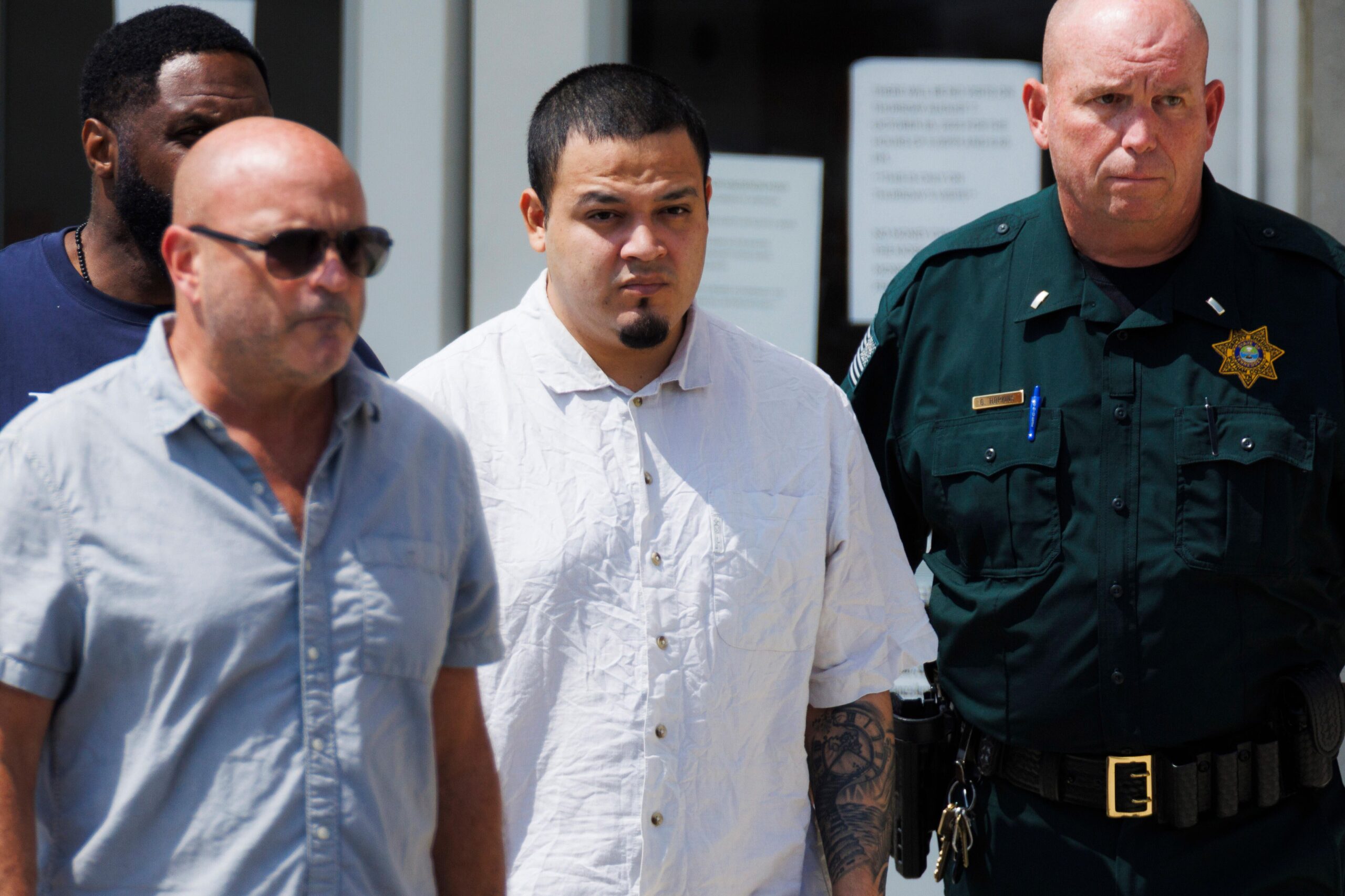JerusalemIn preparation for a larger military assault in Gaza City, the Israeli military said on Wednesday that it will extend the service of tens of thousands of reservists.
Israel’s military said Wednesday that Defense Minister Israel Katz has approved plans to launch a new round of operations in some of Gaza’s most heavily populated neighborhoods. The plan, which is anticipated to be finalized by the chief of staff in the next few days, calls up 60,000 reservists and extends the service of another 20,000 active members.
Suggested Videos
As international leaders and rights organizations warn that an expanded attack could worsen Gaza’s humanitarian crisis, which has left the majority of its citizens displaced, neighborhoods in ruins, and communities facing the threat of famine, negotiators are rushing to get Israel and Hamas to agree to a ceasefire that would end 22 months of fighting.
According to a military officer who spoke on condition of anonymity in accordance with military procedures, troops will conduct operations in areas of Gaza City where Israel believes Hamas is still active and where they have not yet been deployed. Israeli forces are already laying the foundation for the enlarged operation in Gaza City’s Zeitoun and Jabaliya areas.
In addition to being a last resort for hundreds of thousands of people seeking safety in northern Gaza, Gaza City is a stronghold for Hamas’ military and governance. According to the official, Israeli troops will attack Hamas’ extensive network of underground tunnels there.
Parts of the militant organization are actively reorganizing and conducting assaults, including rockets into Israel, despite Israel having targeted and killed a large portion of Hamas’ senior leadership, the person said.
The operation in Gaza City might start in a few days.
The operation’s start time is still unknown, but it might happen in a few days, and this kind of reservist mobilization is the biggest in months.
According to Prime Minister Benjamin Netanyahu, the war’s goal is to free the remaining hostages and guarantee that Hamas and other extremists will never again pose a threat to Israel.
The planned offensive was initially revealed earlier this month, amid concerns of another mass displacement of Palestinians and increased international condemnation of Israel’s limitations on the flow of food and medication into Gaza.
Although it’s unclear how many may voluntarily leave, AP journalists observed small groups leaving the city this week and headed south. Many maintain that no place is safe from airstrikes, while others stated they were waiting to see how things play out before making another move.
Ahmed Alhendawi, regional director of Save the Children, stated in an interview that what we’re witnessing in Gaza is nothing short of catastrophic reality for children, their families, and this generation. It is impossible to put into words the suffering and the struggle of this generation of Gazans.
War’s objectives are questioned by weary reservists
The call-up coincides with an increasing number of weary reservists accusing the administration of failing to return the remaining hostages and prolonging the war for political reasons.
Opposition to the extended operation in Gaza City has also been voiced by former army and intelligence chiefs as well as the families of the hostages. The majority of the hostage families fear that an extended attack could jeopardize the return of the 50 captives who are still in Gaza and call for a rapid truce. Israel thinks 20 people are still alive.
Many reservists are worn out after hundreds of days of tours and angry at those who aren’t called up at all, according to Guy Poran, a retired air force pilot who has coordinated veterans’ campaigns to end the war. Now, the majority simply want to get back to their lives.
Because of exhaustion, their families, or their enterprises, even people who do not hold ideological opposition to the current war or the government’s new plans do not want to go, he said.
The battle began on October 7, 2023, when militants led by Hamas assaulted Israel, killing almost 1,200 people, primarily civilians, and kidnapping 251. In ceasefires or other agreements, the majority of the hostages have been freed. According to Hamas, it will only release the remaining ones in return for an Israeli pullout and a permanent ceasefire.
Israel has not yet responded to Hamas’s approved ceasefire offering.
Although similar declarations have been made in the past that have not resulted in a permanent truce, Arab mediators and Hamas stated this week that the leaders of the Palestinian terrorist group have agreed to ceasefire arrangements.
According to Egypt and Qatar, they have been anticipating Israel’s reaction to the ceasefire proposal. According to Egyptian Foreign Minister Bader Abdelattay, Israel currently has the upper hand.
Israel is in continuous communication with the mediators to ensure the captives’ release, according to an Israeli official who spoke on condition of anonymity because they were not permitted to address the media.
Netanyahu has stated time and time again that he will not accept an agreement that does not call for Hamas to be totally destroyed.
Israel’s 22-month onslaught has killed over 62,122 individuals, Gaza’s Health Ministry announced Monday. The ministry employs medical experts and is a part of the Hamas-run government. The government claims that women and children make up about half of the deceased, although it does not specify the proportion of civilians or combatants.
Furthermore, since the ministry started keeping track of these deaths in late June, 154 adults have perished from malnutrition-related reasons, and since the start of the war, 112 children have perished from the same causes.
Israel claims to have killed the Hamas member who kidnapped the father of a hostage-taking family.
A Hamas militant raided a kibbutz and kidnapped Yarden Bibas, a father of three whose wife and two young children were also taken on October 7, Israel’s military claimed Wednesday that it had killed the militant.
After body camera footage of the mother and her young children being kidnapped went viral in Israel and elsewhere, the Bibas family became one of Israel’s most carefully watched hostage cases. Yarden was freed, but the three were later slain in the fight.
Bibas claimed in a statement that he was still waiting for the return of hostages held in Gaza and referred to the assassination of his accused abductor as a “small part of my closure.” __ Lidman and Magdy provided updates from Cairo and Tel Aviv, Israel.






